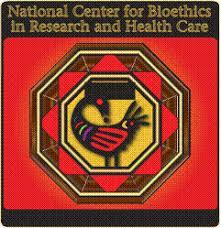- Academics
- Administration
- Admissions
- Explore
- Legacy
- Student Life
- TigerWeb
- Athletics
- Tools
- Quick Links
- Academic Affairs/Provost
- Accreditation
- Air Force ROTC
- Alumni & Friends
- Army ROTC
- Audit, Risk & Compliance
- Bands
- Bioethics Center
- Bursar
- Campus Dining Services
- Career Center
- Chapel
- Choir
- COVID Updates
- Environmental Health and Safety
- Dean of Students
- Development & Alumni Engagement
- eLearning
- Facilities and Construction
- Faculty Senate
- Financial Aid
- General Counsel
- Graduate School
- Housing & Residence Life
- Human Resources
- Information Technology
- Institutional Effectiveness
- Legacy Museum
- Naval ROTC
- Police Department - TU
- Policies
- ROTC at Tuskegee University
- Registrar
- Research & Sponsored Programs
- Staff Senate
- Strategic Communications
- Strategic Plan 2021-2026
- Student Affairs
- Student Complaint Procedures
- Student Life & Development
- Summer Programs
- Title IX
- Visitor Request Form
- Support TU
- Apply
- Tours
- Pay








 From 1932 to 1972, the U.S. Public Health Service conducted a study involving syphilitic African American men from rural Macon County, Alabama. No white men were included in the study. Over the course of 40 years, scientists tracked the progression of the disease in the participants without ever telling them that they had syphilis or informing them of treatment options -- even after penicillin had been proven to be a quick and effective cure. In fact, the participants were actually prevented from receiving treatment. The study halted only after an Associated Press reporter exposed the unethical methods being employed.
From 1932 to 1972, the U.S. Public Health Service conducted a study involving syphilitic African American men from rural Macon County, Alabama. No white men were included in the study. Over the course of 40 years, scientists tracked the progression of the disease in the participants without ever telling them that they had syphilis or informing them of treatment options -- even after penicillin had been proven to be a quick and effective cure. In fact, the participants were actually prevented from receiving treatment. The study halted only after an Associated Press reporter exposed the unethical methods being employed. For many African Americans, the Syphilis Study heightened longstanding suspicions of the U.S. health care system and exacerbated fears of medical exploitation. Today, more than a quarter of a century after the study was halted, apprehensions still linger. Too many African Americans avoid participating in important clinical trials, refrain from donating blood or signing up as potential donors, and even refuse routine medical care, including treatment for HIV.
For many African Americans, the Syphilis Study heightened longstanding suspicions of the U.S. health care system and exacerbated fears of medical exploitation. Today, more than a quarter of a century after the study was halted, apprehensions still linger. Too many African Americans avoid participating in important clinical trials, refrain from donating blood or signing up as potential donors, and even refuse routine medical care, including treatment for HIV. The Tuskegee University National Center for Bioethics in Research and Health Care was established in January 1999. The Bioethics Center was developed as a partial response to the apology of President William J. "Bill" Clinton for the United States Public Health Service Study on Syphilis conducted at Tuskegee, in Macon County, Alabama from 1932 to 1972. The negative legacy of this study has been cited as a contributing hindrance to the full participation of African Americans and others in taking advantage of medical care and scientific research.
The Tuskegee University National Center for Bioethics in Research and Health Care was established in January 1999. The Bioethics Center was developed as a partial response to the apology of President William J. "Bill" Clinton for the United States Public Health Service Study on Syphilis conducted at Tuskegee, in Macon County, Alabama from 1932 to 1972. The negative legacy of this study has been cited as a contributing hindrance to the full participation of African Americans and others in taking advantage of medical care and scientific research.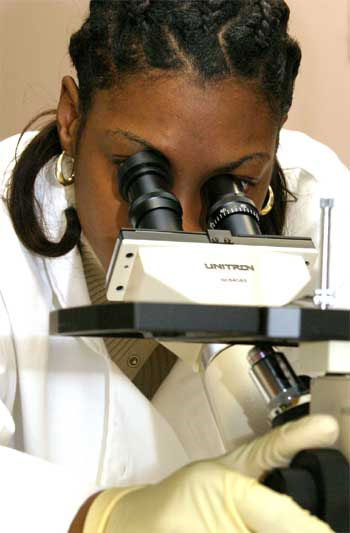 Goals
Goals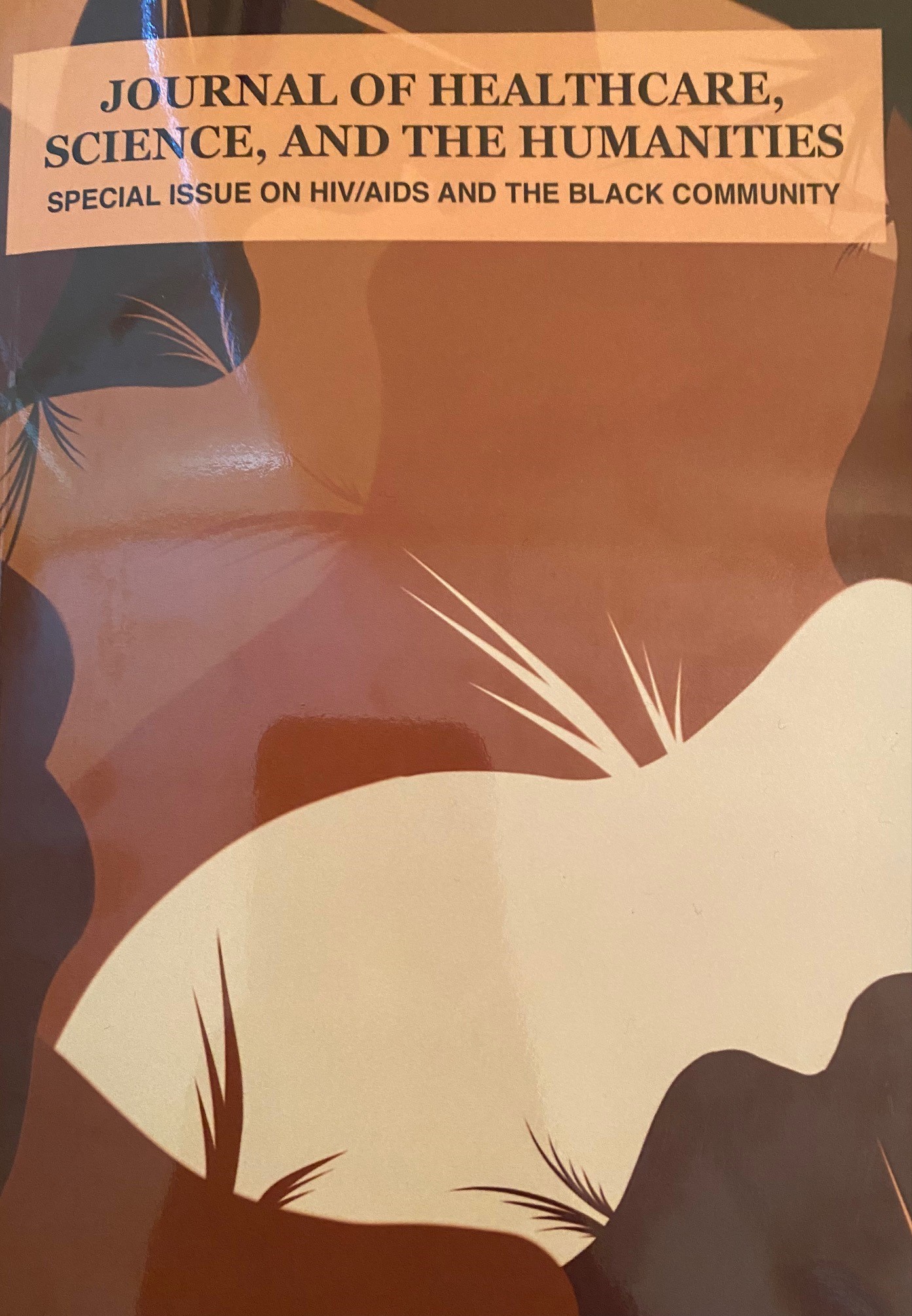 The 2022 Special Issue is focused on exploring factors that drive the disproportionate impact of HIV on Black communities and the solutions that must be adopted to eliminate these health disparities. The Special Issue features articles and commentaries that explore the social, cultural and economic factors associated with advocacy, public policy and health outcomes related to HIV/AIDS in the Black community, including an opening commentary from Harold Phillips, Director of the White House Office of National AIDS Policy. The HIV/AIDS epidemic has disproportionately affected Black people since the beginning of the epidemic, and that disparity has deepened over time. In 2019, Black people represented 42% of all new HIV diagnoses, 40% of all people living with HIV, and 42% of HIV-related deaths despite comprising only 13% of the U.S. population. These disparities are even more pronounced when you examine data on sub-populations within the Black community, including gay and bisexual men, transgender individuals, rural populations, and Black women. Underlying and driving these inequalities are systemic factors including, but not limited to, poverty, access to affordable healthcare, access to stable housing and transportation, medical mistrust, anti-Black racism, mass incarceration, stigma, and discrimination. Today, the nation's annual new HIV infections have declined from their peak in the mid-1980s, and advances in science, medicine, healthcare delivery and advocacy have enabled people with HIV and those at risk for HIV to live longer, healthier lives. However, in order to achieve the goal of ending the HIV epidemic in the U.S. by 2030, it is critical that resources, programs and policies are directed towards ending the HIV epidemic within Black communities. The Special Issue was sponsored by Gilead Sciences, Inc. and was developed with input from community stakeholders and in partnership with Gilead Sciences. The views expressed are solely those of the authors through the peer-review process.
The 2022 Special Issue is focused on exploring factors that drive the disproportionate impact of HIV on Black communities and the solutions that must be adopted to eliminate these health disparities. The Special Issue features articles and commentaries that explore the social, cultural and economic factors associated with advocacy, public policy and health outcomes related to HIV/AIDS in the Black community, including an opening commentary from Harold Phillips, Director of the White House Office of National AIDS Policy. The HIV/AIDS epidemic has disproportionately affected Black people since the beginning of the epidemic, and that disparity has deepened over time. In 2019, Black people represented 42% of all new HIV diagnoses, 40% of all people living with HIV, and 42% of HIV-related deaths despite comprising only 13% of the U.S. population. These disparities are even more pronounced when you examine data on sub-populations within the Black community, including gay and bisexual men, transgender individuals, rural populations, and Black women. Underlying and driving these inequalities are systemic factors including, but not limited to, poverty, access to affordable healthcare, access to stable housing and transportation, medical mistrust, anti-Black racism, mass incarceration, stigma, and discrimination. Today, the nation's annual new HIV infections have declined from their peak in the mid-1980s, and advances in science, medicine, healthcare delivery and advocacy have enabled people with HIV and those at risk for HIV to live longer, healthier lives. However, in order to achieve the goal of ending the HIV epidemic in the U.S. by 2030, it is critical that resources, programs and policies are directed towards ending the HIV epidemic within Black communities. The Special Issue was sponsored by Gilead Sciences, Inc. and was developed with input from community stakeholders and in partnership with Gilead Sciences. The views expressed are solely those of the authors through the peer-review process.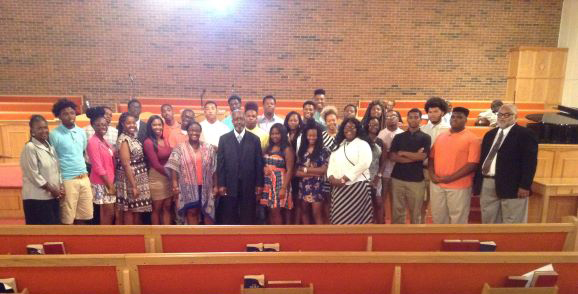
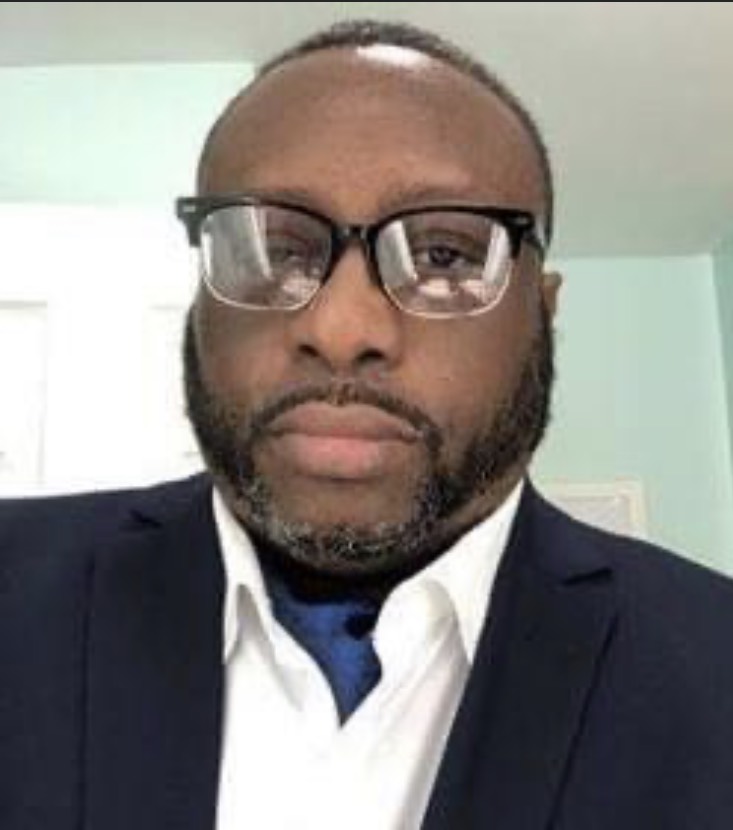 Dr. David Hodge Sr.
Dr. David Hodge Sr.